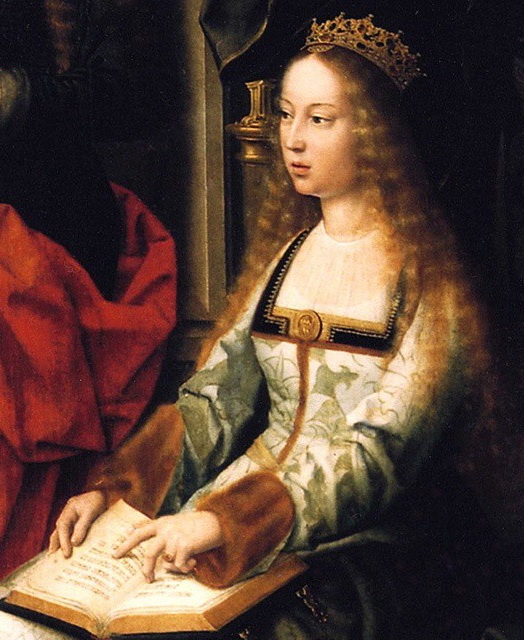@Thorgalaeg:
it was the county of Catalonia, hence "la Ciudad Condal".
innonimatu is right: it was only during the Bourbons that Spain became officially one united kingdom. Before that, Olivares made some attempts at suppressing the independences of Aragon and Portugal, and it contributed to the portuguese and catalan revolts of 1640. For example, in the second part of the Quijote, when he travels to Barcelona, there are several hints and references to the different general customs and organization between the kingdoms of Castile and Aragon. I think Cervantes even comments explicitly about each one's nobility and social differences during Quijote and Sancho's stay in the in the castle of the dukes or thereabouts. Also, when Isabella died, some people have said that Ferdinand seemed to have favoured getting a new heir for Aragon, independent of the future inheritance of Charles V, but it was prevented by his own death.
Btw, I don't see much point in that political vs. geographic discussion: until the modern age there isn't much point in discussing political institutions in the sense we do today: for many centuries, no one had any doubts about the cultural or geographic unity of the italians or germans, yet they were fierce political rivals and enemies among themselves. The unified state as a political expression of a nation or a geographic land is relatively recent historically, at least in a mainstream interpretation. Besides, despite the centralizations of the absolutist powers, feudal notions of political and geographical relations weren't fully suppressed until the liberal revolutions. Therefore, we can't really interpret what was happening centuries ago with our own referentials. For example, the early norman kings of England were kings of a major european power, but at the same time they were dukes of normandy. As kings they were at the same level vis-a-vis with the kings of France, but as dukes, they were vassals of the same king of France. Also, during the 100 Years War, the kings of England held large lands in France, but those lands weren't a part of the kingdom of England, but of the kingdom of France. That's why, even today, Guernsey or the Isle of Man are a part of the inherited lands of the kings of England, but don't belong to England. In fact, they aren't even a part of the UK, therefore aren't EU members.
All this to say, that despite the obvious existence of a geographic and cultural unit called Spain, the whole of Iberia, that doesn't mean that at the time, such thing was the preamble for a process of political unification. In the medieval and early modern feudal world that made little sense. I.e., Portugal was a part of Spain, followed the spanish customs, but that didn't mean any unification outside the personal unions that every iberian king dreamed of. In fact, during the middle ages, I think that the navarrese kings were twice kings of all the christian kingdoms, but contrarily to the spanish custom, they followed the frank inspired custom of dividing the realm among their sons.
Thorgalaeg said:
Again, i think that nobles being independient of the monarch is not a good thing.
On the contrary. It would have been a very good thing for us later on, if the nobles had remained strong and independent towards the ruler during the Middle Ages. That was the reason why in England the Magna Carta was signed, and the liberal parliamentary tradition was born, in sharp contrast with the absolutist ways that derived from centralised unopposed royal rule and later dictatorships inspired in that tradition that we have experienced ad nauseam in this part of Europe...












